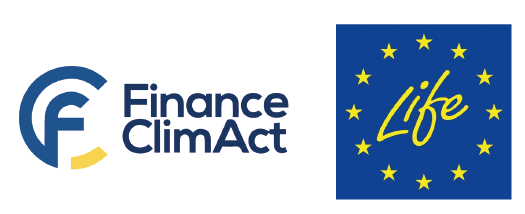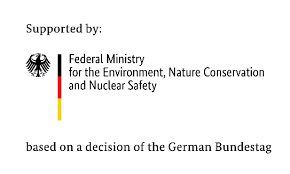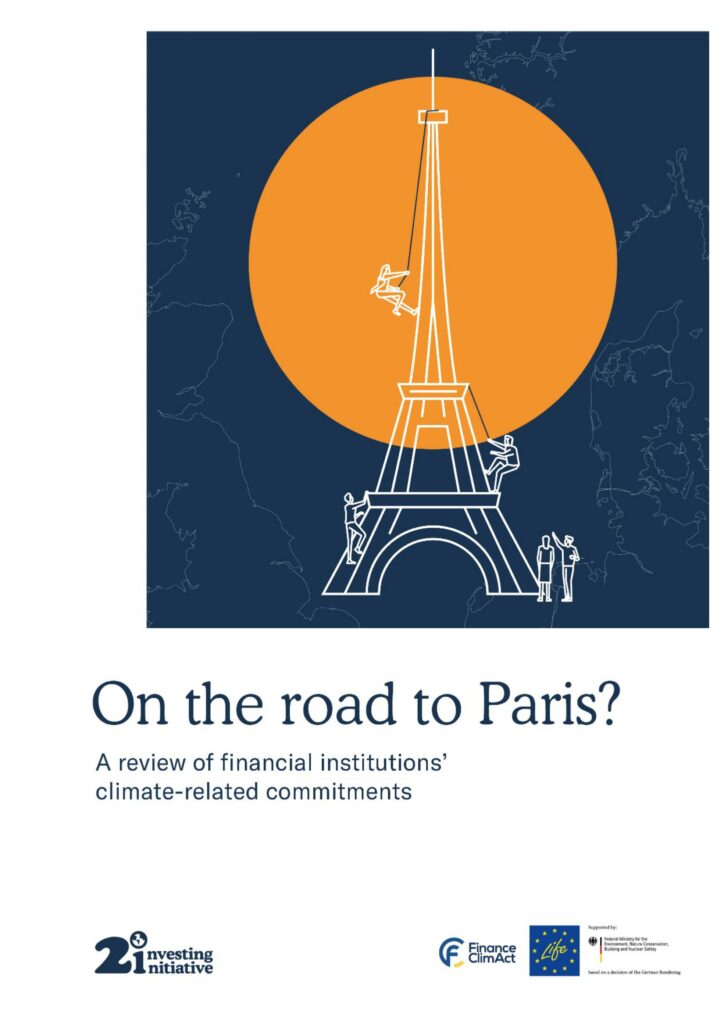The report comes in the context of Finance for Tomorrow’s recent launch of a “Sustainable Finance Observatory” to consolidate and study climate-related commitments by financial institutions. Building on its database, 2DII developed an evidence-based framework to assess the extent to which financial institutions’ commitments can contribute to climate change mitigation.
2DII’s framework shows that what matters most are the actions underlying the pledges and how they are implemented (for instance, what asset classes are targeted). This means that to increase transparency about their chances of effectiveness, climate-related commitments should be accompanied by an analysis of underpinning actions, and should include a clear implementation plan outlining how these actions are intended to contribute to climate change mitigation.
As a result, 2DII recommends the following:
- Enhancing the quality and quantity of data on climate-related actions and commitments, via initiatives such as the Sustainable Finance Observatory;
- Developing research and building evidence-based frameworks for financial institutions to implement climate-related pledges (2DII is currently working with the French Ecological Transition Agency (ADEME) to develop a pilot framework);
- Requiring financial institutions to back up any claims of impact with hard evidence.
Read the report here.
About our funders: This report has received funding from the European Union’s LIFE program under grant agreement LIFE18IPC/FR/000010 A.F.F.A.P. It is also part of the International Climate Initiative (IKI). The Federal Ministry for the Environment, Nature Conservation and Nuclear Safety (BMU) supports this initiative on the basis of a decision adopted by the German Bundestag. Disclaimer: This report only reflects the views of the authors, and the Finance ClimAct consortium, European Commission, and BMU are not responsible for any use that may be made of the information it contains.




